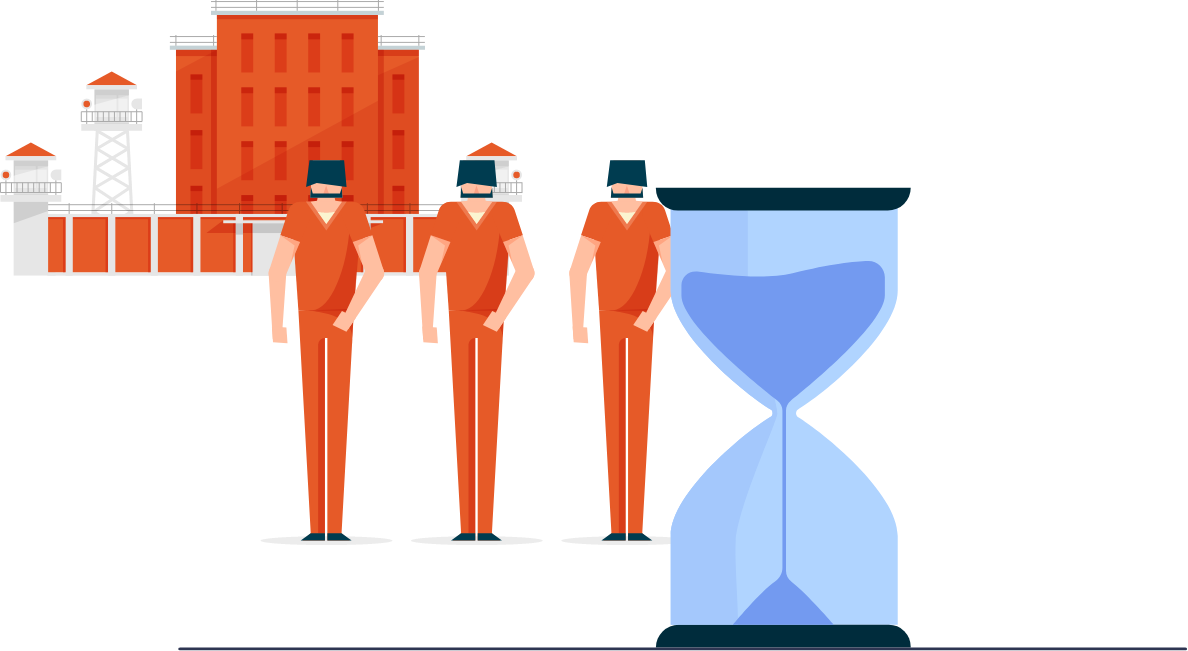Overview
Parole and Earned Time provisions provide people who are currently incarcerated positive incentives to behave and improve themselves while in prison. They also empower parole boards and corrections officials to make evidence-based decisions that serve the interests of justice and protect taxpayers. Many people have the ability to earn reductions in their sentences while incarcerated, but many are excluded from this opportunity, sometimes arbitrarily. When someone enters prison with no opportunity to earn a reduction in their sentence, they have fewer incentives to follow the rules or work towards rehabilitation. Denying individuals the opportunity to be considered for parole or early release removes a powerful tool that can be used by corrections officials to maintain order and safety. Parole systems that provide broad eligibility and positive incentives for good behavior provide maximal benefit to taxpayers. These provisions must be structured in a way that allow system actors to exercise these powers effectively and grant parole as they see fit. Geriatric and medical parole provisions allow the state to provide compassionate release in extraordinary circumstances, allowing for individuals nearing end-of-life to maintain a measure of dignity while relieving taxpayers of the full burden of expensive end of life care.1


Broad Eligibility
Does the state establish broad parole eligibility for most incarcerated individuals?
40 points

Good Behavior Incentives
Are good behavior incentives in place to encourage safety and order within correctional facilities?
30 points

Efficacy
Does the parole grant rate reflect appropriate consideration of individual cases and full utilization of the parole process?
20 points

Geriatric Parole, Medical Parole, and Compassionate Release
Do compassionate release provisions allow individuals nearing end of life to serve the remainder of their sentence at home or in a medical facility?